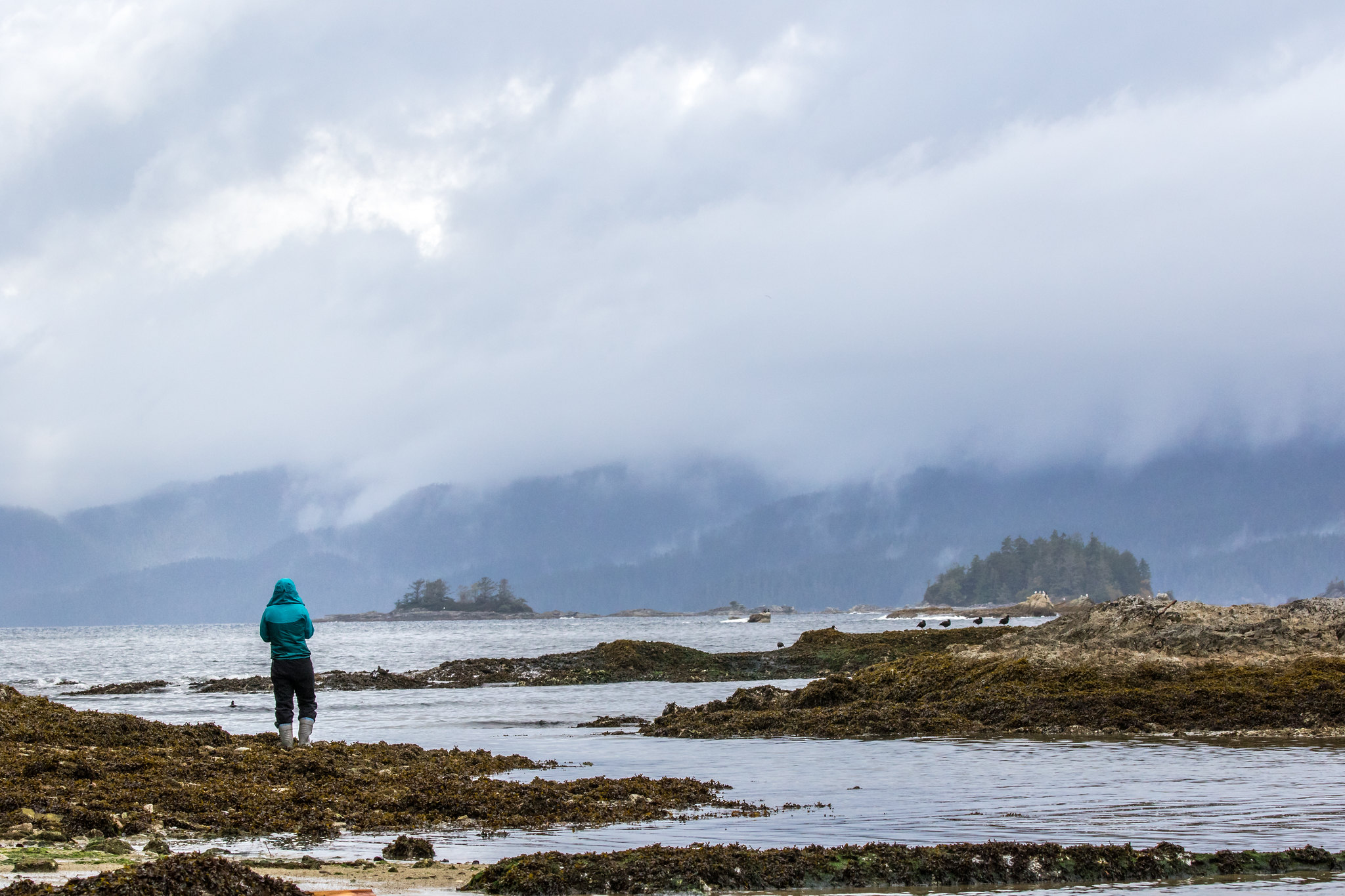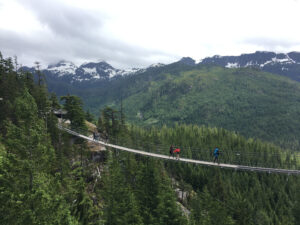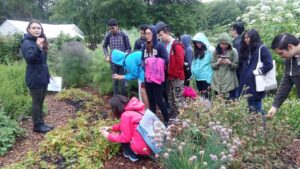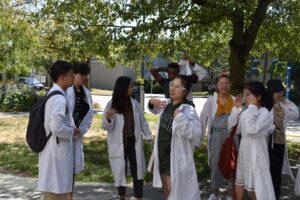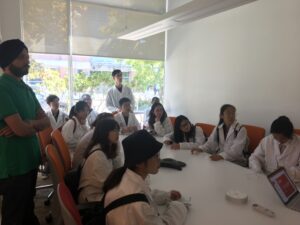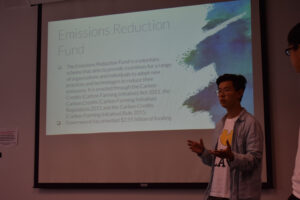The Vancouver Summer Program with UBC Science provides students with the opportunity to study at a top international research university and experience local Vancouver culture.
What you might expect/course format
Courses with UBC Science include in-class and lab portions taught by UBC faculty members, graduate students, and guest lecturers. Courses also include short field trips and other engaging learning opportunities. Students can expect team-based learning activities and assignments.
Check out VSP Institute for Resources, Environment, and Sustainability (IRES)’s page here!
June 2024 Course Packages
April 3, 2024: This course package has been canceled for VSP 2024 June Session. If you have applied to this course package, you should have received an email with the instructions to proceed with your application. If you have any questions about the cancellation, please email vsp.applications@ubc.ca.
Sustainable Food and Farming Systems
In this course, lectures and assignments will incorporate data science allowing students to understand how experts use quantitative techniques in sustainable farming solutions. Our food and farming systems are one of the greatest causes of global environmental problems. Agriculture is responsible for continued deforestation, biodiversity loss, greenhouse gas emissions, depletion of freshwater resources, and water pollution. You will be given an overview of global agriculture (spatial distribution of crops and livestock, irrigation and fertilizer use), its historical evolution, environmental consequences, socio-economic dimensions (who/where are farmers, land tenure, labour, food sovereignty, right to food, access to food), and some proposed solutions for addressing these challenges. Students will uncover stories on what the data tells us about sustainable intensification, organic farming, agroecology, genetically modified foods, smallholder systems, and supply chains.
Sustainable Diets and Nutrition
This course emphasizes analytic and communications skills that will enable students to participate in contemporary sustainability debates. Nearly 1 in 7 people today remain undernourished, while 2 billion are malnourished. Students interested in public health, global health, medicine and health systems management will learn why a nutritious diet is critical to raising the quality of life of a large section of the world’s population. Students will learn the fundamentals of health education and communication, regarding concepts such as calorie calculation versus nutrition, dietary diversity, macro vs micro nutrients, vegetarian/vegan diets, food safety, and the relationship between diets, human health, and planetary health. Students will also become familiar with systemic strategies and policy issues, such as the role of dietary shifts as a critical pathway toward meeting the United Nations Sustainable Development goals.
Prerequisites: No prerequisites
Graduate (Master/PhD) Students: Accepted on a case-by-case basis
April 3, 2024: This course package has been canceled for VSP 2024 June Session. If you have applied to this course package, you should have received an email with the instructions to proceed with your application. If you have any questions about the cancellation, please email vsp.applications@ubc.ca.
Climate Change: Causes, Consequences and Adaptation
Climate change resulting from the use of fossil fuels in the global energy system is perhaps the single greatest collective challenge facing society in the 21st century. Acting on climate change will dramatically alter the global economy and job creation sectors. As a student you need to be prepared for employment opportunities associated with climate change. In this course, students will learn the science behind human induced climate change, and examine possible consequences and impacts across the world. You will study how experts make predictions of future climate change and its impacts, and how societies will need to re-organize their economies and institutions to adapt to new climate realities. This hands-on course includes field trips and presentations from industry guests, giving students the chance to communicate directly with experts working in the field.
Energy for Sustainable Development
Globally, large-scale innovation in energy systems are needed to reduce greenhouse gas emissions. Technological and business innovations have begun to transform the global energy system. You will learn from experts about the development of renewables such as solar and wind, the deployment of electric vehicles, and the diffusion of new ‘mundane’ technologies like improved cook stoves in the developing world. You will build your ability to communicate with professionals about what is driving these innovations, how might their promise be reached and their benefits be maximized, and what social and policy efforts are needed to sustain them. This hands-on course includes field trips and presentations from both governmental and non-governmental employees, giving students the chance to communicate directly with industry experts.
Prerequisites: No prerequisites
Graduate (Master/PhD) Students: Accepted on a case-by-case basis
For more information
For VSP IRES-specific questions, please email vsp@ires.ubc.ca.
